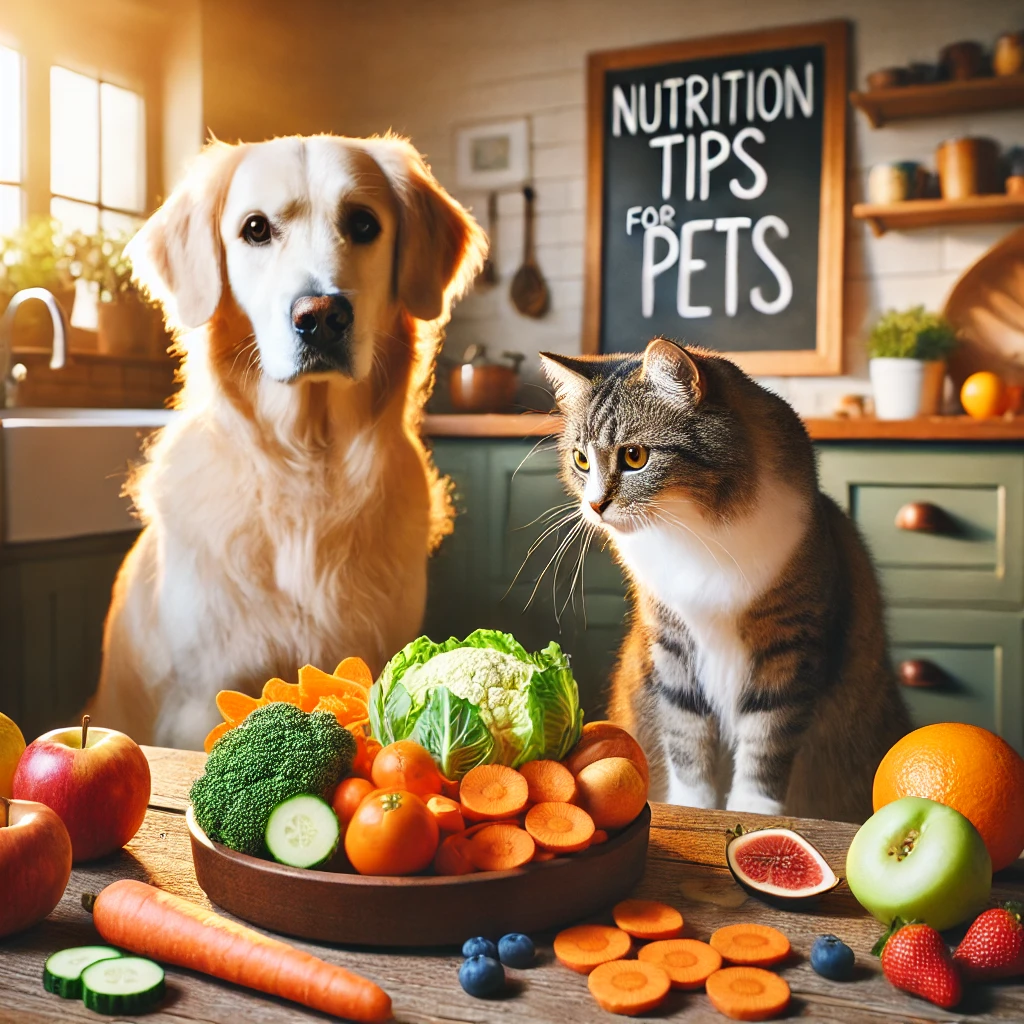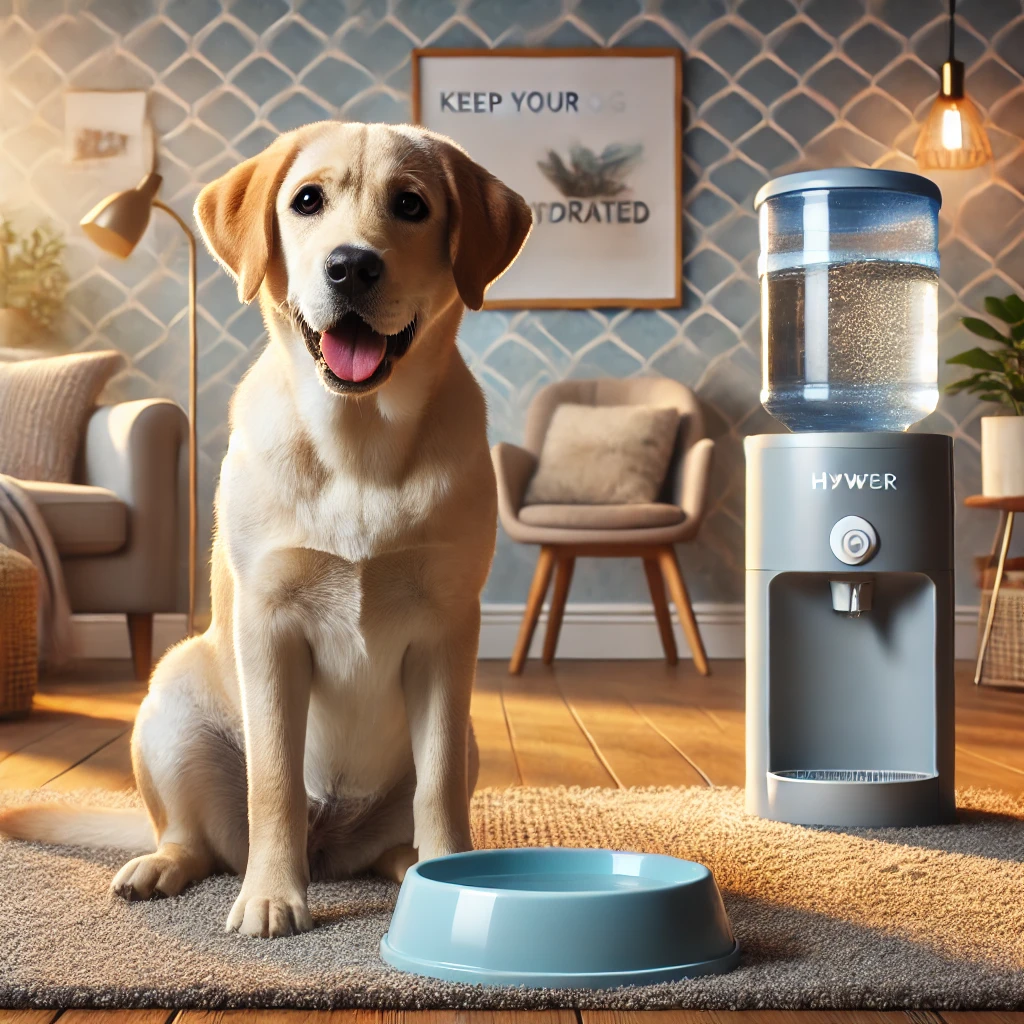
Nutrition Tips for Pets: Ensuring a Healthy and Balanced Diet
Providing proper nutrition is vital for your pet’s overall health and well-being. These nutrition tips for pets will help you ensure they receive a balanced diet tailored to their specific needs. Whether you’re raising a puppy, an adult cat, or a senior dog, understanding their dietary requirements is essential.
Why Proper Nutrition is Important for Pets
Benefits of a Balanced Diet for Your Pet’s Growth
A diet rich in essential nutrients like protein, carbohydrates, and fats supports healthy growth and development, particularly for young pets like puppies and kittens.
Hydration 101 Keep Your Dog Hydrated
Proper hydration is crucial for your dog’s overall health and well-being. Dehydration can lead to serious health issues, so ensuring your furry friend stays hydrated should always be a top priority. Here’s a guide to why hydration matters and how to keep your dog’s water needs met.
Why Hydration Is Key
Water is vital for your dog’s bodily functions, from digestion to temperature regulation. When hydration levels drop, your dog may experience the following:
- Fatigue: Dehydration reduces energy ….Read More

Nutrition Tips: Ensuring Your Pet’s Health and Well-Being
Nutrition tips are essential for maintaining your pet’s health, energy levels, and overall happiness. A balanced diet tailored to their needs promotes longevity and reduces the risk of common health problems. Understanding what to feed your pet and how to provide optimal nutrition is key to their well-being.
Why Nutrition Matters for Pets
Proper nutrition offers numerous benefits for pets, including:
Healthy Growth and Development
For puppies, kittens, and young pets, the right nutrients ensure proper growth and strong bones.
Weight Management
A balanced diet prevents obesity and related health problems such as diabetes and joint issues.
Boosted Immunity
Essential vitamins and minerals strengthen the immune system, protecting pets from illnesses.
Essential Nutrition Tips
Understand Your Pet’s Needs
Each pet has unique dietary requirements based on species, breed, age, and activity level. Consult your veterinarian to determine the best diet for your pet.
Provide Balanced Meals
Ensure your pet’s diet includes proteins, carbohydrates, healthy fats, vitamins, and minerals. Look for pet food labeled as “complete and balanced” by trusted organizations.
Avoid Human Foods
Foods like chocolate, onions, garlic, and grapes can be toxic to pets. Stick to pet-safe options to avoid health risks.
Hydration is Key
Fresh water should always be available to keep your pet hydrated, especially in hot weather or after exercise.
Use Treats Wisely
Limit treats to 10% of your pet’s daily caloric intake to prevent weight gain and maintain a balanced diet.
Trends in Pet Nutrition
Grain-Free Diets
Grain-free pet foods have gained popularity, but their suitability depends on individual pets. Consult your vet before making changes.
Raw and Fresh Diets
Some owners prefer raw or fresh food diets for their pets, believing it mimics their natural diet. However, these require careful preparation to ensure safety and balance.
Plant-Based Options
Vegan or plant-based diets for pets are becoming more common, especially for owners seeking sustainable options. Ensure these diets meet your pet’s nutritional needs.
By following these nutrition tips, you can provide your pet with a diet that supports their health and happiness. Always tailor their meals to their specific needs and consult with a veterinarian for expert guidance. A healthy diet is the foundation of a long and joyful life for your beloved companion.

